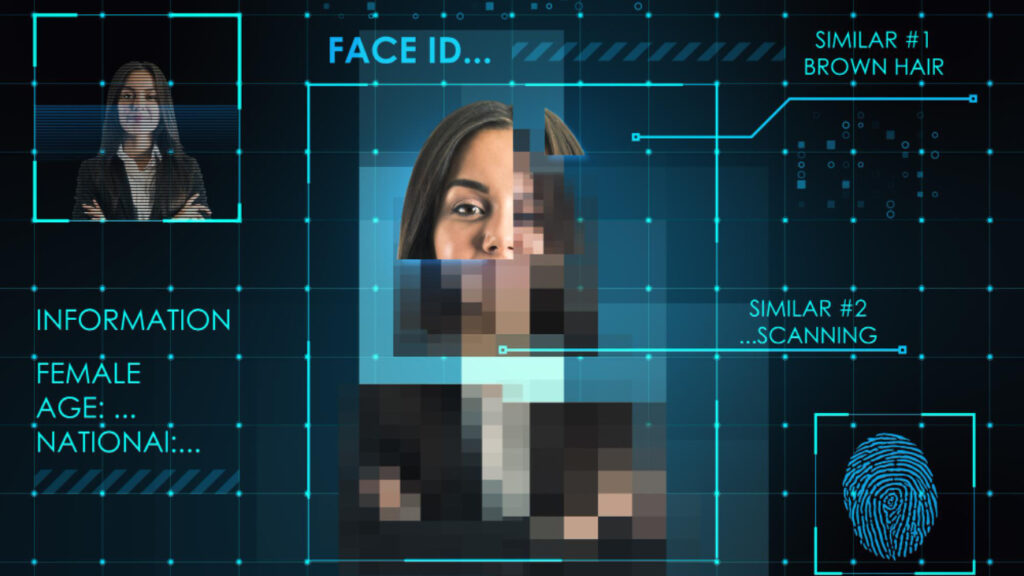Multi-Factor Authentication or MFA is a powerful solution as observed by Bahaa Abdul Hadi. It helps with not only achieving but also maintaining compliance with leading industry regulations. Recently, it has turned into a requirement to qualify for cyber insurance. The reason is that MFA considerably brings down the risk of system penetration. It can do this for up to 99%, impressive, isn’t it? Read on to learn more about MFA:
MFA – What is It?
The National Institute of Standards and Technology defines MFA as a 2FA or two-factor authentication process. It is nothing but a technique used to improve security. With MFA, you can prevent two pieces of verification when logging into an account.
Yes, as you have guessed, MFA is a verification process. In this process, the user will offer extra credentials for accessing applications, sites, and other resources.
You can see MFA is an additional security layer. It helps with verifying the identity of a user with extra verification factors like push notifications, one-time pins, and fingerprints. The purpose is to convince a system of your identity to prevent wrong parties from accessing services or data.
You can use MFA along with authentication without a password. Otherwise, you can use it with single sign-on solutions as an extra hindrance to breach. This will help if a factor has been compromised or stolen accessing a service or device.
Regulatory Compliances
You know a wide range of regulatory compliance exist. Among them, a few are popular. Nowadays, MFA is used in regulatory compliance for navigating legal requirements Here are some compliance for example:
GDPR Compliance
Expanded as the General Data Protection Regulation, this is a comprehensive data protection framework. It applies to businesses that handle the data related to the citizens of the European Union.
MFA plays a crucial role in meeting GDPR requirements. It adds a layer of authentication, bringing down the risk of unauthorized access to personal details. Organizations that process personal data are often motivated to use sturdy security measures. Here, MFA stays in line with what GDPR when it comes to data protection by default and design.
HIPAA Regulation in Healthcare
In the healthcare domain, the Health Insurance Portability and Accountability Act makes it compulsory to take stringent measures to safeguard patient information. Here, MFA can function as an effective tool to comply with HIPAA regulations. It can do this by bolstering access controls. Also, it can do it by ensuring only access to sensitive healthcare data to authorized people. With MFA, healthcare organizations can improve the integrity and confidentiality of records related to their patients.
Thank you for your interest in Bahaa Abdul Hadi Blogs. For more information, please visit www.bahaaabdulhadi.com.







